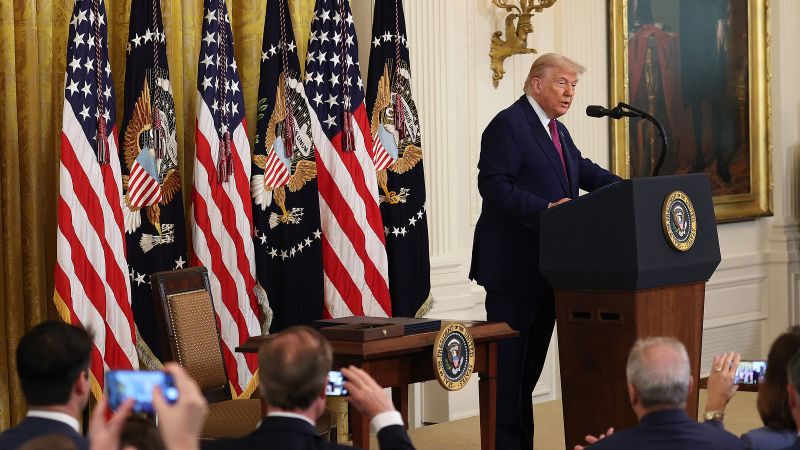President Donald Trump’s campaign promise to bring about world peace and end wars was a central pillar of his platform, contrasting with his current stance as conflicts escalate on the global stage. Despite Trump’s pledge for a calmer world, recent developments show a shift towards considering US military strikes against Iran due to escalating tensions and concerns over Iran’s nuclear capabilities. This shift has sparked debate and division within the Republican Party, with Trump’s position diverging from his initial anti-war rhetoric.
Trump’s failure to halt the war in Ukraine and ongoing conflicts challenges his ability to deliver on his peace promises. His current approach aligns more with traditional Republican views on military intervention, contradicting his earlier emphasis on avoiding conflicts and prioritizing national interests. While Trump’s initial campaign rhetoric emphasized averting World War III and achieving peace through strength, his current actions suggest a departure from these ideals.
Despite Trump’s inauguration vow to measure success by ending wars and avoiding new conflicts, his recent demands for Iran’s unconditional surrender and consideration of military involvement in Israel’s offensive reflect a departure from his peace-focused rhetoric. The evolving situation raises questions about Trump’s ability to unify and fulfill his vision of being a peacemaker. As tensions persist and conflicts escalate, Trump’s presidency has yet to embody the era of peace he promised to deliver.

